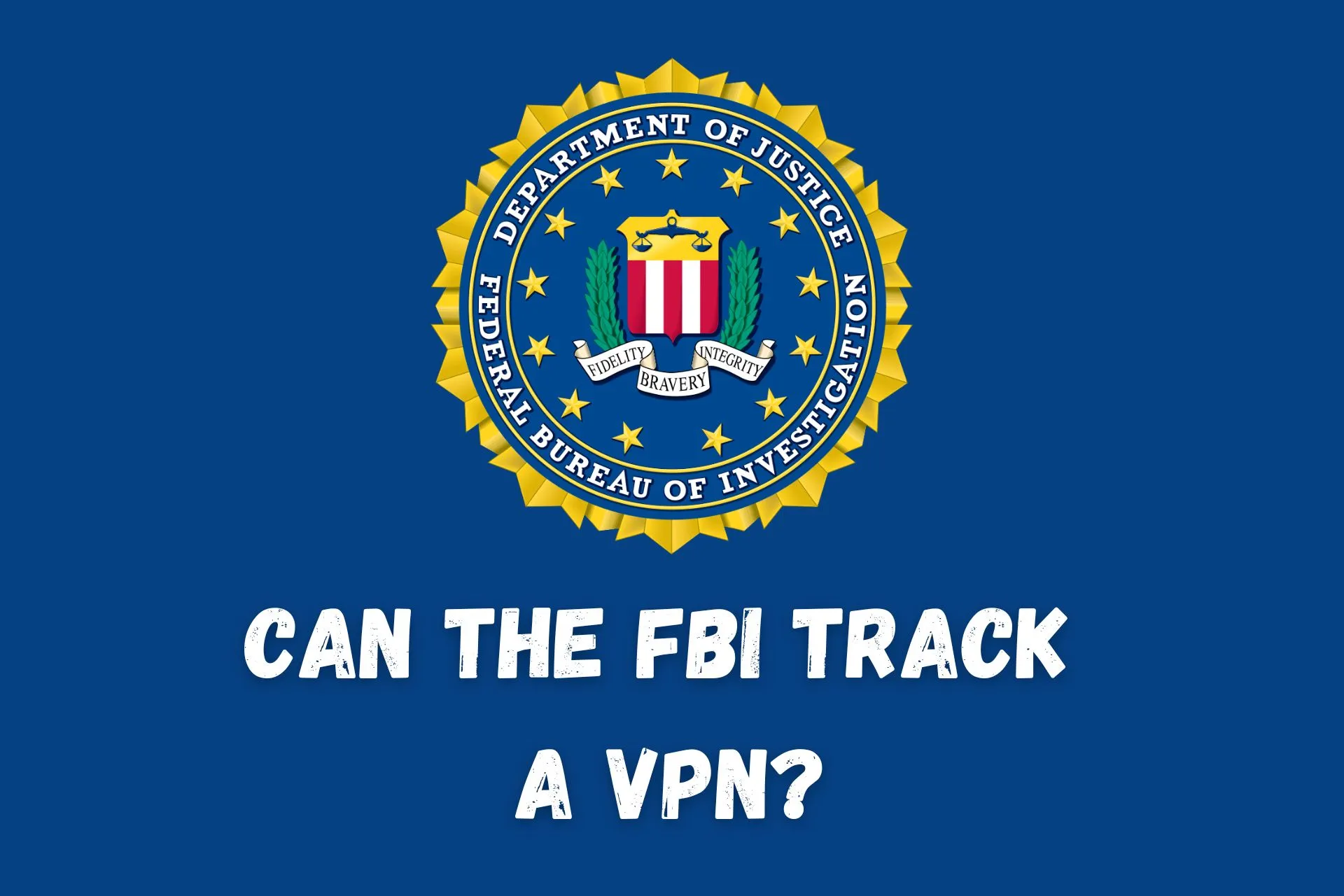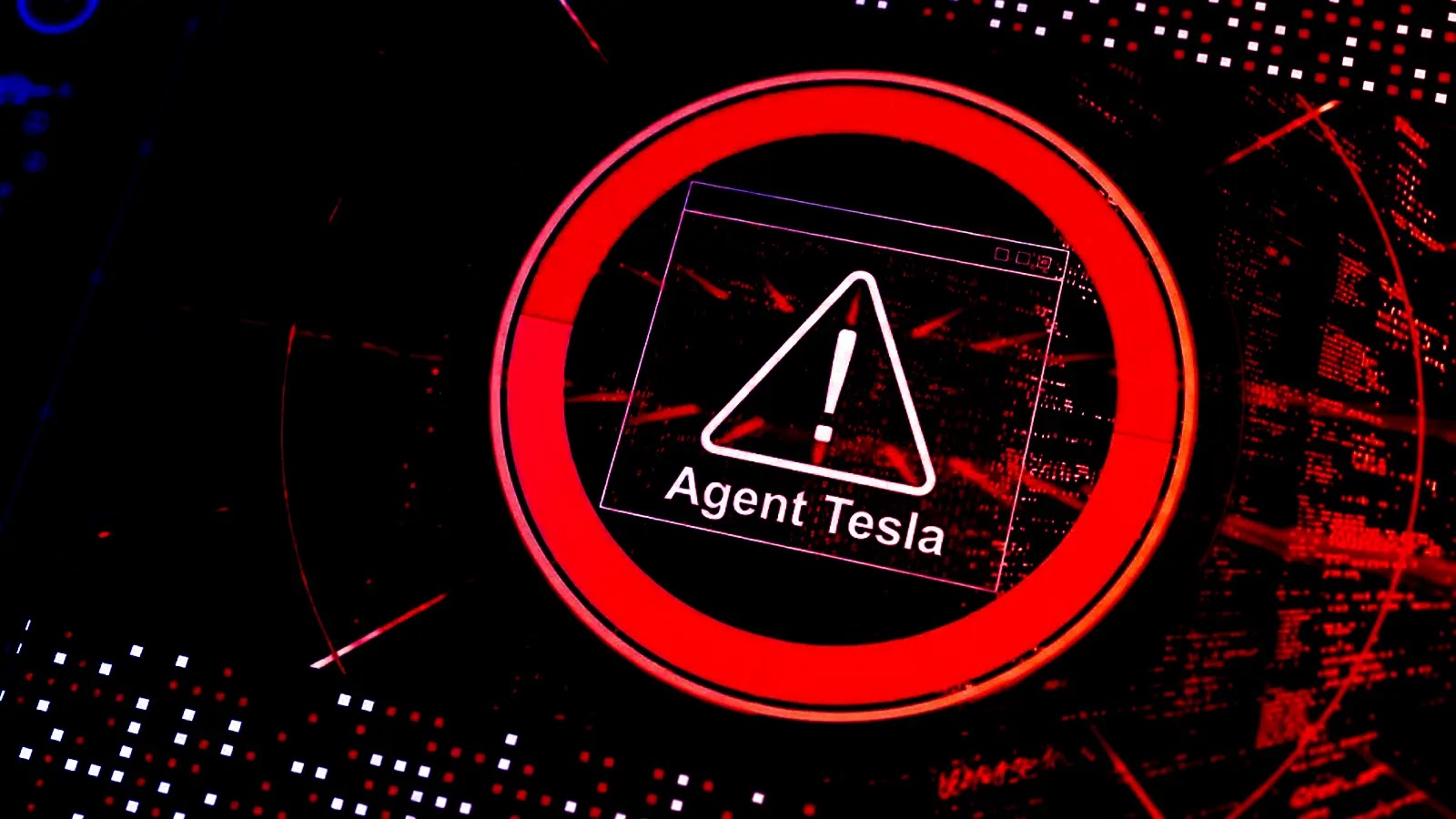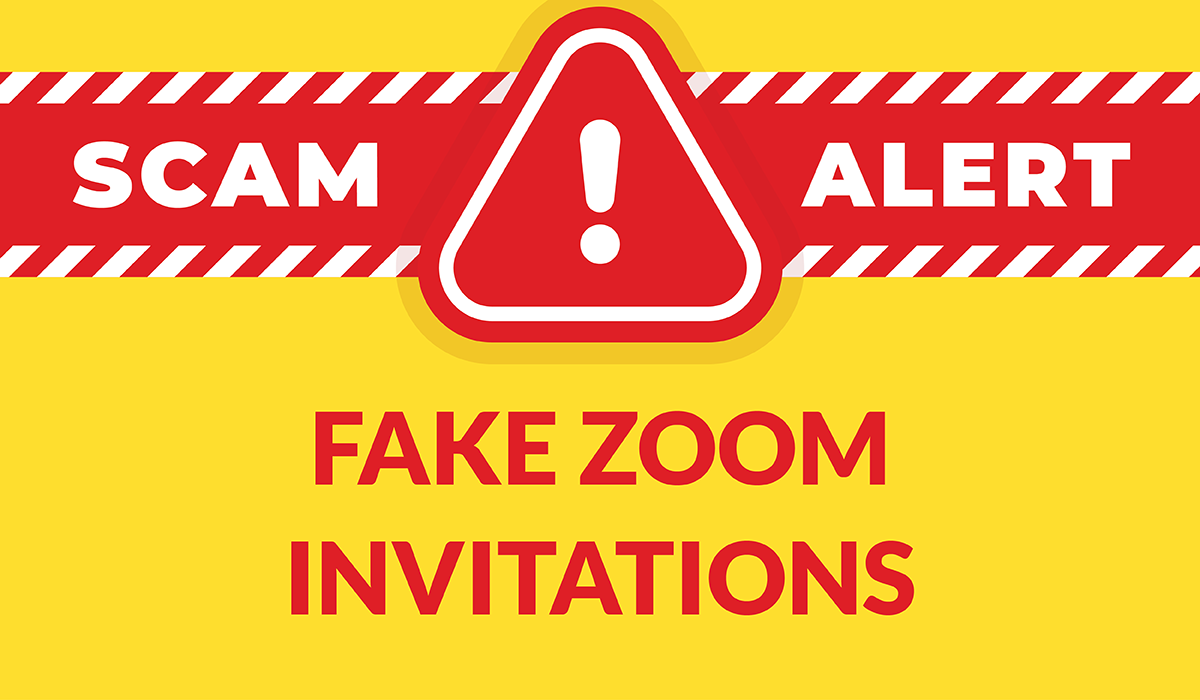Can the FBI Track a VPN? [and How to Protect Yourself]

We often tout VPNs as the ultimate online privacy tool. That’s because they protect the data you send and receive over the internet. However, the average person may only have to worry about their ISP, intrusive websites, and a general threat from hackers.
But what about more sophisticated actors like the FBI?
Unsurprisingly, one of the FBI’s primary investigatory methods is mining personal data from the internet. You don’t have to be the target of a criminal investigation or the subject of a warrant to find yourself swept up in their net either.
Millions of Americans’ photos are stored in facial recognition databases without permission. The bureau has also openly purchased cell phone locations from data brokers without probable cause. And geofencing lets them obtain the data of thousands in the vicinity of a crime.
While it might be paranoid to believe that any single person is being closely monitored, those odds increase if you’re a member of certain activist groups or fall foul of the smallest suspicion.
Ultimately, using a VPN is common sense and everyone deserves the right to privacy. Whether the FBI has special means to track VPNs is another matter.
Can the FBI track a VPN?
To understand the FBI’s capabilities, let’s first explore what VPNs do and what they don’t.
How encryption hides data from the FBI
Encryption is the basis of a functional VPN.
Instead of forming an open connection directly to the internet, your traffic is first routed through a separate server that facilitates encryption. Think of it as a middleman that adds a hidden layer between all your activity.
The VPN app encrypts all data before it leaves your device and then decrypts after it reaches the server. This includes webpages you request through a browser, info you enter into web forms or apps, emails or instant messages you send, or anything else uploaded.
On the server side, the data coming back to you is encrypted before it leaves the VPN server and decrypted after it reaches your device. This could be the contents of webpages, emails, and messages sent to you, or anything else downloaded.
If the VPN is using standard AES military-grade encryption, which 99% do, the FBI cannot access this data in a meaningful way. In fact, even if they intercept it during transmission, the contents are unreadable. Only your side has the decryption key.
Data not protected by a VPN
Unfortunately, your real-time internet activity isn’t the only personal info at risk. All data you send usually ends up stored somewhere, and it may not be safe once it leaves the encrypted tunnel.
Moreover, basic web-tracking tools used by websites and apps can see your browser type, device ID, operating system, and other technical details, even when you use a VPN.
This info may not directly link to your personal identity, but an interested party may build a profile based on its unique characteristics. This is how a lot of targeted online advertising seems to follow you across different websites and apps.
Log into a personal account like Google or Facebook and your name can then be linked if cookies are shared.
These are just some of the sources data brokers use to combine your info with other public records. And it’s completely legal!
Furthermore, a VPN on its own does not:
- Delete your browser history, cookies, or mobile app cache.
- Spoof mobile device GPS location.
- Privatize what you post on social media or share with other online accounts.
- Stop viruses and malware.
- Protect your physical devices.
So, while the bureau can’t crack a functional VPN’s encryption, there are still avenues for getting a lot of your personal info if they want it.
The FBI can also track some VPN data that falls outside of encryption.
How can the FBI track a VPN?
Just like advertisers, the FBI can use browser fingerprinting to monitor the browsing habits of an unknown individual and identify them later. The spoof IP associated with the fingerprint has some use if tied to any VPN logs.
Logs aren’t the same as the contents of your internet activity. The only instance where the FBI can see the contents is if the encryption completely fails or temporarily leaks data.
Logs are any information that links you to a VPN account. This might include:
- VPN payment records and billing info.
- Which servers you’ve connected to.
- The times when you connected and the session length.
- How much data was transferred.
- The type of data that was transferred.
- Your real IP address.
If a VPN provider has some of this data and is located in the US or an allied country, it could be legally compelled to hand it over.
ISPs may also hold some of this data and are more likely to cooperate with the FBI.
Logs aren’t that useful on their own as they don’t reveal the contents of your activity. However, when other information is known, it can help with an investigation.
Consider this scenario:
The FBI knows an unauthorized entry was made to a banking system with an IP in the Netherlands at 3 PM. Over the course of an hour, 16GB of data was downloaded. An informant suggests Bob Smith from New York did it.
The FBI gets a warrant to request Bob Smith’s VPN logs, revealing his account connected to a server in the Netherlands at 2:53 PM, remained in the session for just over an hour, and used 16.3GB of data.
Could this be their man?
Factors that affect VPN tracking
Other factors that affect the FBI’s ability to track a VPN include:
- Server location: It’s easier for the FBI to seize VPN servers located in the United States.
- Stealth Features: Some VPNs use stealth or obfuscation that hides VPN usage and makes all traffic seem like regular browsing.
- Leaks: VPNs can sometimes leak real IP and DNS data when using IPv6 or WebRTC. You can test if a VPN is working correctly by browsing to IPLeak.net.
In the end, it comes down to whether a VPN has a strict no-logs policy, leak prevention, and goes the extra mile to obfuscate traffic. It’s always a good idea to shop around and compare VPN features before choosing which one to use.
How to protect yourself?
A VPN is an irreplaceable tool for online privacy, but other steps need to be taken to fully protect yourself.
- Sign out of your Google or Apple accounts.
- Use different devices for public and private activities.
- Turn on incognito mode, disallow browser cookies, and never maintain a browsing history.
- Alternatively, use a special secure browser like Tor or Brave.
- Disable GPS location services on mobile and closely monitor app permissions.
- Always use strong passwords and two-factor authentication for online accounts.
- Privatize your social media accounts and limit the personal information you share.
- Use antivirus and ad-blocking software with real-time protection.
These steps vastly reduce the amount and quality of data that can be tracked online and stops hackers from getting into your accounts.
Related:
Can My Employer Track My Location Through VPN?
Does Using a VPN Make You a Target?
Conclusion
Can the FBI track a VPN? No, the FBI doesn’t have any special technology that can bypass a good VPN’s encryption. However, it does have the resources to use all available data mining methods, including obtaining logs from cooperative VPN providers.
Nonetheless, if you’re ever at the stage where the FBI is serving warrants, your VPN activity may be the least of your troubles.
Read our disclosure page to find out how can you help VPNCentral sustain the editorial team Read more






User forum
0 messages